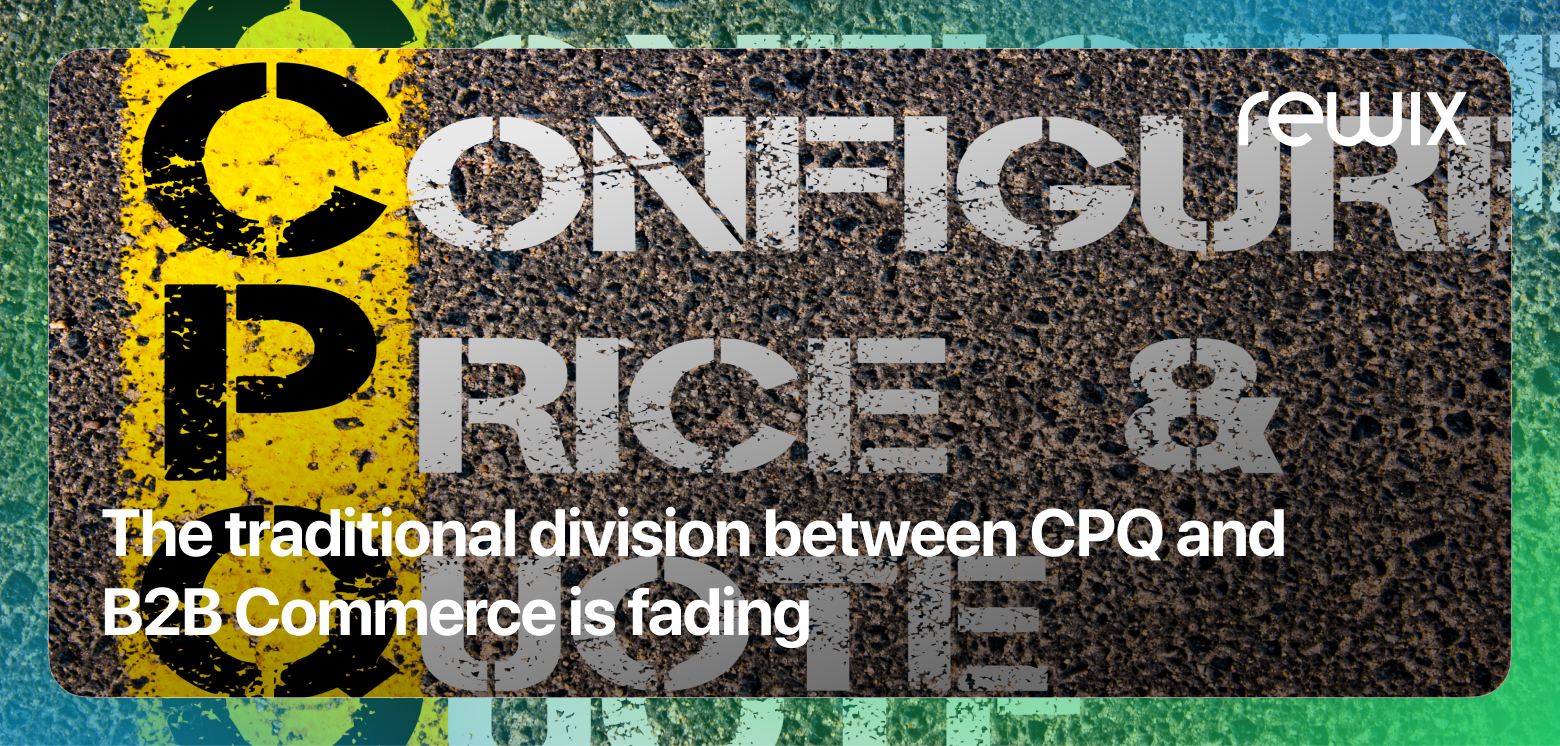Index
Other categories
05 March 2024
Data Lakehouse: the game changer for ecommerce

B2B ecommerce is rapidly evolving, and a solid data strategy is crucial for staying ahead of the competition.
This article will explore the game-changing concept of a data lakehouse and its relevance in the ecommerce sphere.
We will delve into what exactly a data lakehouse is, how it has evolved over time, and the potential it holds for businesses.
By leveraging data lakehouse architecture, companies can harness the power of lakehouse data to drive innovation and gain a competitive edge in the market.
Join us as we explore the future of B2B ecommerce and how data lakehouse can revolutionize the way businesses utilize their data. Discover the importance of a data lakehouse, an added value for an Ecommerce eXperience Platform
What is a Data Lakehouse
A data lakehouse is a unified architecture that combines the best of data lakes and data warehouses, providing a single platform for storing, managing, and analyzing structured and unstructured data.
Unlike traditional data warehouses, a lakehouse architecture allows for the storage of raw, untransformed data alongside processed data, enabling organizations to perform analytics on a broader variety of information.
This approach gives businesses the flexibility to explore new types of analyses without needing to restructure or move their data.
By leveraging a lakehouse architecture with Rewix technology, B2B ecommerce businesses can unlock the full potential of their data assets and gain a competitive edge in the fast-paced digital marketplace.
The Evolution of Lakehouse Architecture
As data needs have grown in complexity, the evolution of lakehouse architecture has become a game-changer for businesses in the B2B ecommerce sector. This unified approach to data storage and analysis has revolutionized the way organizations can leverage their data assets.
For example, companies can now seamlessly store and analyze vast amounts of customer transaction logs, website clickstream data, and inventory updates in their original form, allowing for more comprehensive insights into customer behavior and market trends.
This level of flexibility enables businesses to explore new types of analyses without the need to restructure or move their data, ultimately leading to valuable insights that can drive strategic decision-making and innovation. In a professional context, this means that B2B ecommerce businesses can gain a competitive edge by harnessing the full potential of their data assets.
The evolution of lakehouse architecture has not only simplified data management but also empowered organizations to derive actionable insights that can directly impact their bottom line. As technology continues to advance and businesses generate even larger volumes of data, the evolution of lakehouse architecture will undoubtedly play a critical role in shaping the future of B2B ecommerce, enabling companies to stay ahead in the fast-paced digital marketplace.
The Future of B2B Ecommerce: Data Lakehouse
As the future of B2B ecommerce continues to evolve, the adoption of Lakehouse is set to play a pivotal role in shaping the industry. To effectively harness the potential of this emerging technology, businesses must focus on addressing key challenges such as data integration, quality, and security. One practical solution is to leverage Rewix' unified platform to streamline data workflows and improve data quality, as mentioned in our previous article How to use artificial intelligence and data analytics to improve your B2B ecommerce. Additionally, prioritizing robust security measures and privacy controls within the Lakehouse environment can help businesses mitigate risks associated with handling sensitive customer information. By implementing these solutions, B2B ecommerce companies can accelerate their time-to-insights and make more informed decisions to enhance the overall customer experience.
Furthermore, embracing advanced analytics techniques such as predictive modeling and real-time monitoring will enable businesses to drive innovation and maintain a competitive edge in the dynamic ecommerce landscape. The future of B2B ecommerce lies in the strategic adoption of Lakehouse, and by leveraging practical tips and solutions, organizations can position themselves for success in this data-driven market.
Harnessing the Potential of Lakehouse Data
In conclusion, as B2B ecommerce continues to embrace the potential of Lakehouse data, it becomes increasingly crucial for businesses to prioritize the effective harnessing of this valuable resource. The importance of a Deltalake for B2B eCommerce cannot be understated.
By adopting Rewix' unified platform and prioritizing robust security measures, businesses can address key challenges related to data integration, quality, and security. This strategic approach not only accelerates time-to-insights but also enables organizations to make more informed decisions, ultimately enhancing the overall customer experience.
Furthermore, by embracing advanced analytics techniques such as predictive modeling and real-time monitoring, companies can drive innovation and maintain a competitive edge in the dynamic ecommerce landscape. The future of B2B ecommerce lies in the practical adoption of Lakehouse, and by leveraging the tips and solutions provided in this article, organizations can position themselves for success in this data-driven market.
It is essential for businesses to recognize the game-changing potential of Lakehouse data and take proactive steps to leverage it effectively for sustainable growth and continued success. Ensuring a cutting-edge B2B shopping experience requires the most effective technologies. A simple ecommerce platform may not meet today's needs, which is why an Ecommerce Experience Platform like Rewix proves to be the necessary choice to improve your business.
Join the eCommerce Revolution
Elevate your business, captivate your customers, and ensure a seamless shopping journey.
Start selling

